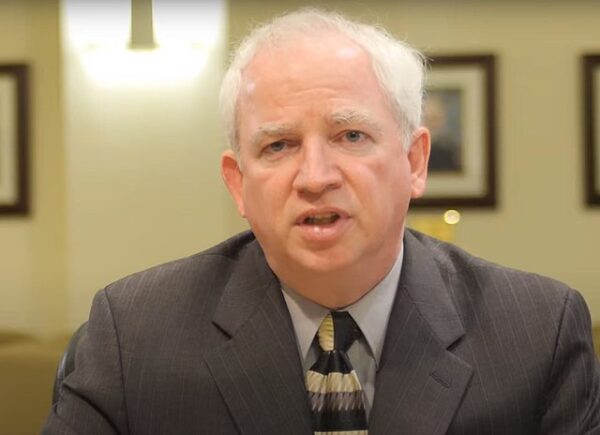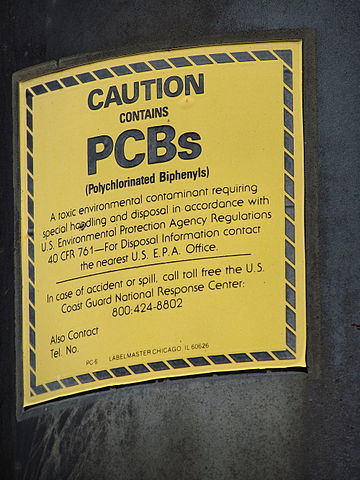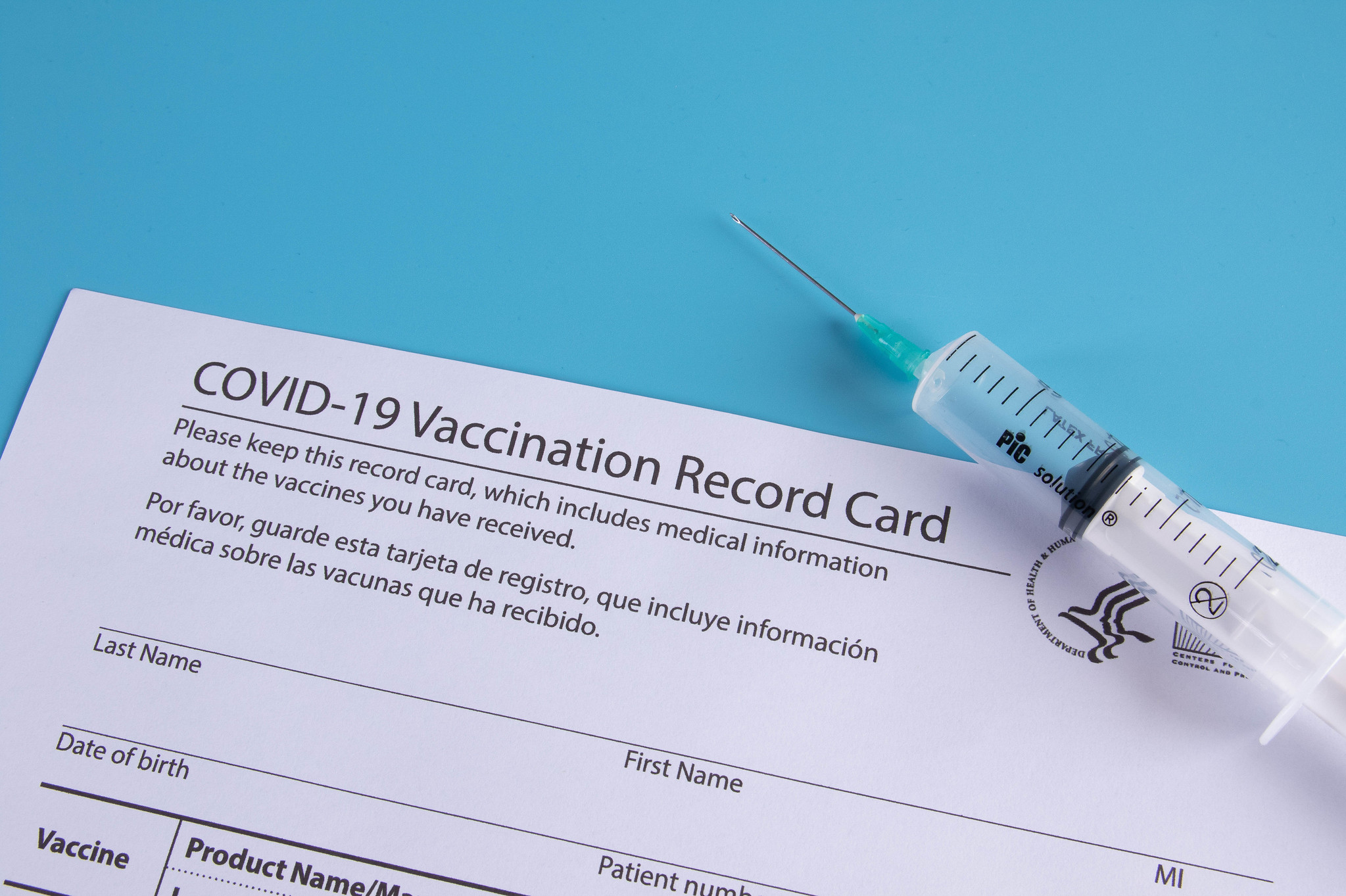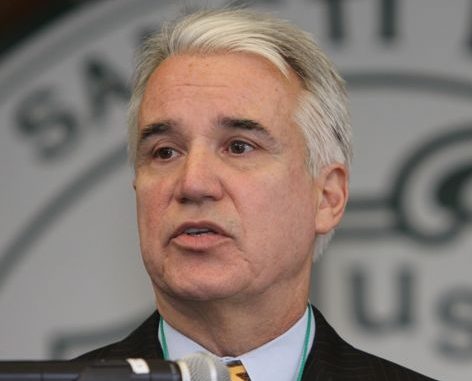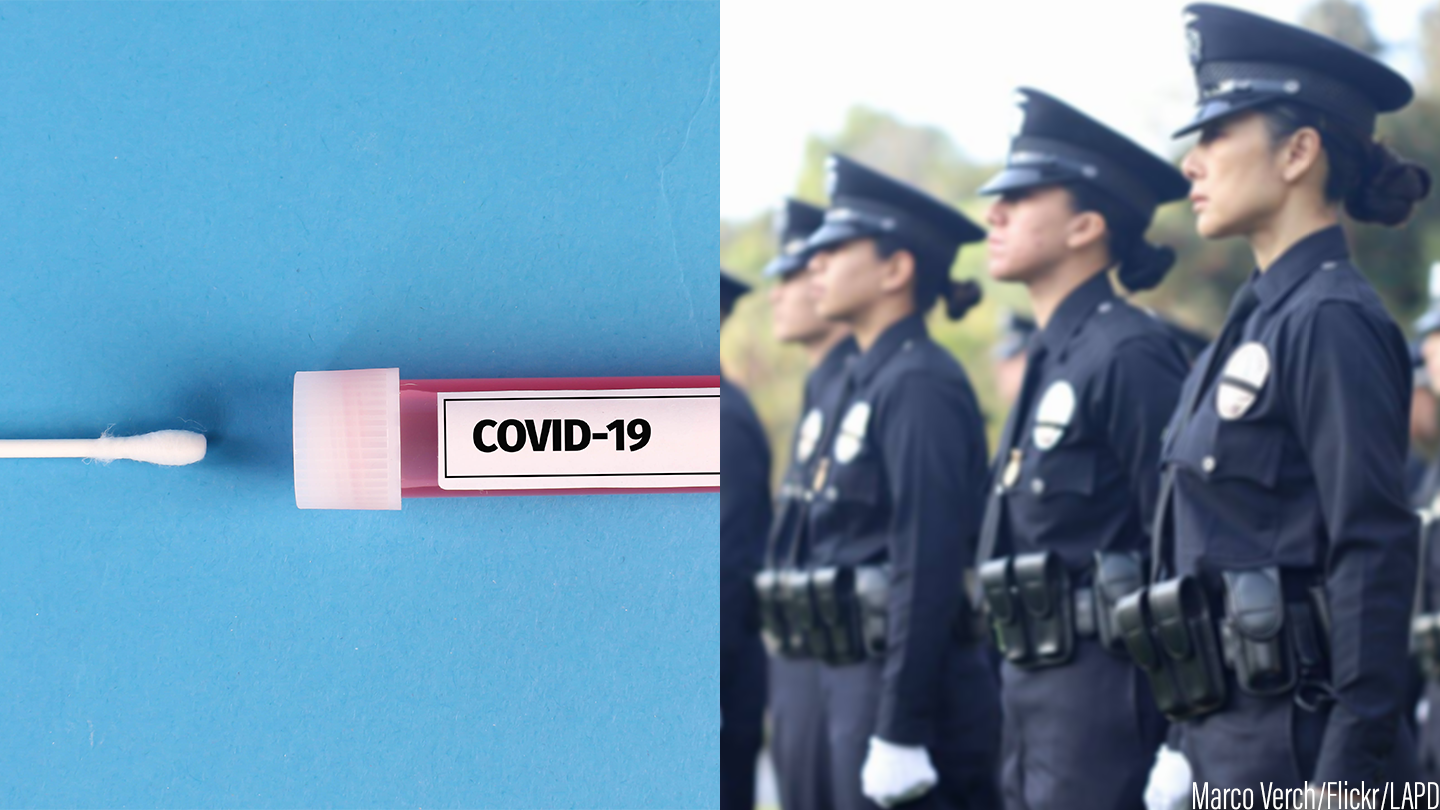A federal judge Tuesday will hear arguments between former Chapman University law professor John Eastman and the congressional committee investigating the Jan. 6 insurrection at the Capitol to determine if several of his emails will remain private or not.
Last week, the committee filed a motion arguing that it needed to receive the emails because it was investigating the possibility that former President Donald Trump — with Eastman’s help — was leading a criminal conspiracy to overturn the election of President Joe Biden.
Eastman responded on Monday with a brief argument that the committee was playing politics and was wrong on the laws regarding attorney-client privilege and the exemption for work product that keeps materials used for potential litigation private.
“If there had previously been any question about whether the select committee views its purpose primarily as an unconstitutional exercise of law enforcement powers that belong to the executive branch rather than a legitimate legislative function, its opposition brief removes any doubt,” the Eastman memo argued.
“The select committee has used that brief, which was supposed to address privilege claims over four days of emails, as an opportunity to provide what is effectively a 60-page criminal indictment against the former president, bringing within its dragnet anyone who, like Dr. Eastman, provided legal advice or who otherwise fell within the former president’s orbit,” it continued. “It is based on lies, distortions, drawn from select snippets of behind-closed-door testimony, and innuendo.”
Eastman further argued “the distortions cannot hide the fact that Dr. Eastman provided legal advice to a client in connection with numerous post-election legal challenges and a joint session of Congress from which litigation was certainly anticipated as a possibility, giving rise to attorney-client and work product protections of his communications.”
The committee argued in its March 2 brief that Eastman had failed to show any proof he was officially engaged by Trump, pointing to an “unsigned” letter from the former president as the only document supplied by Eastman. Eastman argued that the committee “misstated” and “misapplied” the law, citing case law that his discussions with the president triggered an attorney-client relationship, that he was called to the Oval Office for a meeting with Trump on Jan. 4, 2021, and that he made appearances in court for Trump on election challenge lawsuits.
Eastman also rebutted the committee’s argument that Eastman waived his attorney-client privilege with public discussions about his representation of the president and his election challenges.
Eastman also batted down the argument that he was warned against using his Chapman University email service for political work because it would run afoul of the school’s nonprofit status. He said when he was told to remove any reference to his association with Chapman in court papers he did so the next day. Eastman also noted other times when he did election work using Chapman emails in the past he was praised for the work.
“That in this instance Chapman, after the fact, decided to distance itself from that work because, well, Trump is apparently different, does not alter the fact that the prior precedent gave Eastman more than enough ground to subjectively and reasonably believe that this work was also permissible,” Eastman and his attorneys stated in the brief.
Eastman also rejected the committee’s argument that he and Trump were attempting to obstruct Congress from certifying the vote. Rather, he argued, the disputed emails would “reveal a genuine motivation on behalf of plaintiff and others to protect the democratic process. The fact that the defendants may disagree with the factual predicates of that effort does not render the conduct unethical.”
Eastman argued that the “2020 election remains a hotly contested subject of debate to this day,” pointing to a report from a Wisconsin special counsel “finding illegal and fraudulent voting practices that affected the outcome of the presidential election in that state.”
The committee alleged that Eastman was attempting to overturn the election by urging then-Vice President Mike Pence to refuse to count the electoral college results. But Eastman said emails he exchanged with Pence’s attorney show that he was pushing to delay the certification of the electoral college results for more investigation into his claims of fraud.
The committee argued that about 60 lawsuits challenging the election results on fraud were rejected.
Eastman said Trump was offered “conflicting advice” on the fraud claims, and he pointed to former Attorney General Bill Barr’s interview with NBC’s Lester Holt this past weekend. Barr emphasized to Trump that there was no evidence of fraud in the election.
In the committee’s March 2 brief, it is noted that Pence attorney Gregory Jacob had an email exchange with Eastman during the Capitol riots that gets rather sharp at times.
Jacob wrote at one point, “I respect your heart here. I share your concerns about what Democrats will do once in power,” but, he added, “I have run down every legal trail placed before me to its conclusion, and I respectfully conclude that as a legal framework, it is a results oriented position that you would never support if attempted by the opposition, and essentially entirely made up. And thanks to your bullshit we are now under siege.”
Eastman fired back, “My ‘bullshit’ — seriously?” and adds there is “compelling evidence that the election was stolen” that “continues to build and is already overwhelming. The ‘siege’ is because YOU and your boss did not do what was necessary to allow this to be aired in a public way so the American people can see for themselves what happened.”
The state bar has launched an ethics investigation of Eastman regarding his work on the 2020 election for Trump. Eastman was forced out of Chapman when some faculty and students objected to his attendance at the rally that preceded the insurrection and for his work on behalf of Trump.

